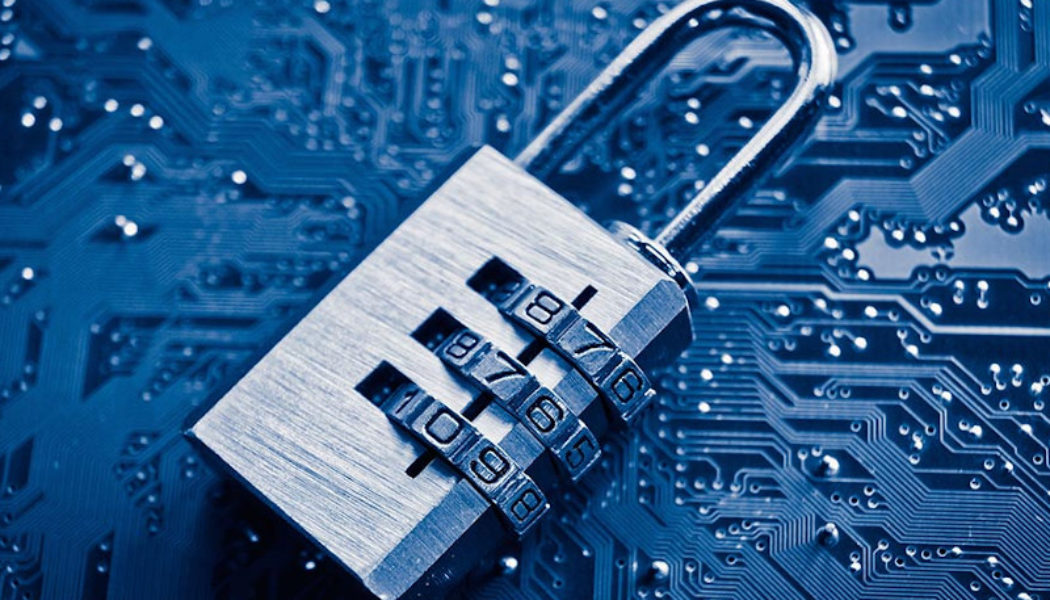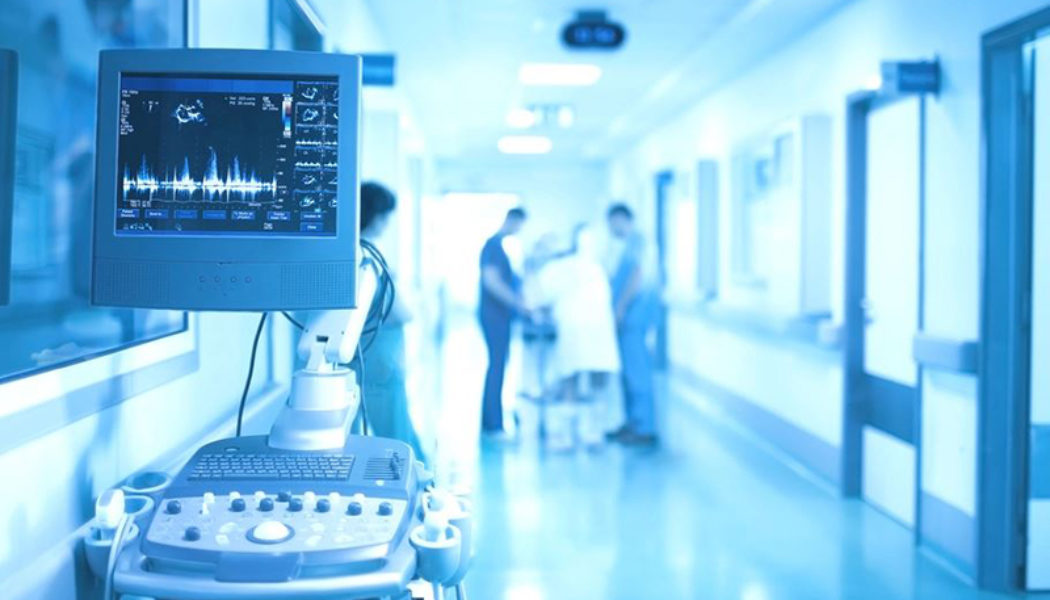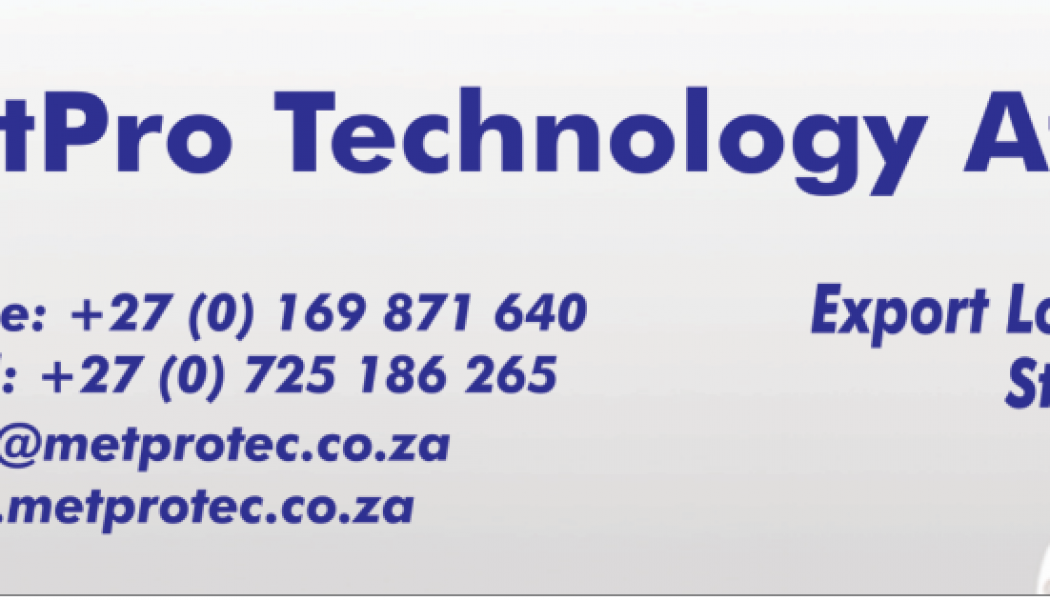iot security
With IoT in Healthcare on the Rise, Security Must Be A Priority says Fortinet
Image sourced from Alpine Security. South Africa is poised to start benefiting from a plethora of healthcare technologies that could dramatically improve patient care at a lower cost, boost preventative healthcare, and take the best medical practitioners virtually to the most underserved regions of the country. However, exciting new developments in healthcare technology could also put patients at risk in both the cyber and real world. This is according to Fortinet South Africa security experts Doros Hadjizenonos and Matthew Taljaard, who warn that the promise of emerging healthcare technologies could be derailed by security risks. Hadjizenonos, Regional Sales Director SADC at Fortinet, says Internet of Things (IoT) and Internet of Medical Things (IoMT) devices are increasingly being adopte...
Internet of threats – cybersecurity measures in the IoT landscape
Internet of Things (IoT) refers to any object or device that is connected to the Internet. This rapidly expanding set of “things” – which capture, send and receive data – includes cars, appliances, smartwatches, lighting, home assistants, home security, and more. It’s predicted that by 2025, there will be 41.6 billion units of IoT connected devices worldwide. Internet-connected devices can make us more efficient, save time and money, and allow us connectivity from almost anywhere, but they also require that we share more information than ever. The security of this information, and the security of these devices, is not always guaranteed. Once a device connects to the Internet, it could be connecting to all sorts of risks. As the number of connected devices increases, especially as more peop...









